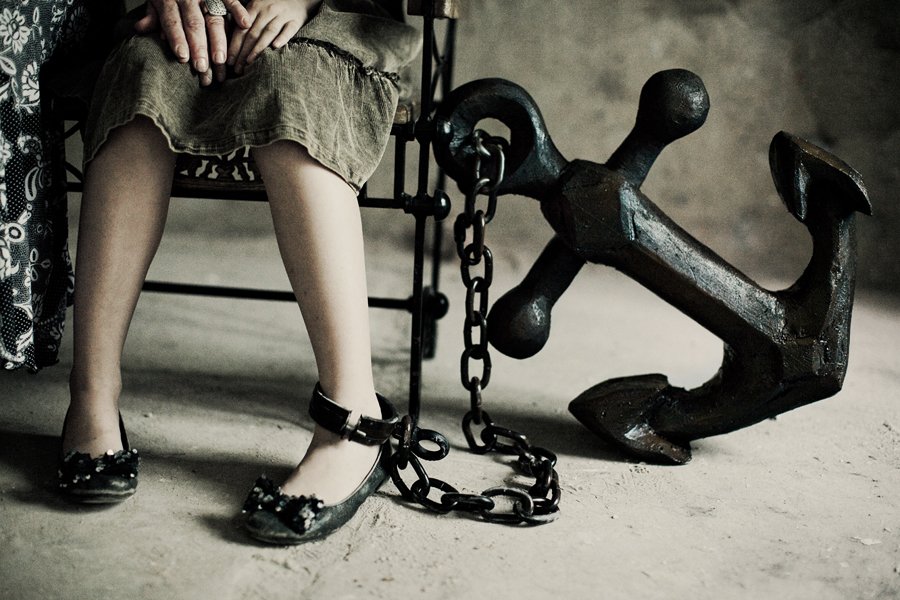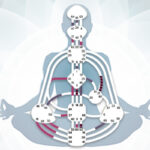There is often such a thing as emotional addiction in relationships. Psychologists equate this with serious defects that originate in deep psychological trauma, but from the point of view of Human Design, this phenomenon can be easily explained. From a technical point of view, emotional dependence occurs when one partner has a defined Emotional Center, while the other does not. In this case, the mood of the first will have a direct impact on the mood of the second. When the former is good, the latter is even better. But as soon as a partner with a certain Emotional Center begins to worry about something, his beloved will begin to worry even more.
Of course, this state of affairs can cause a lot of quarrels and conflicts. But is it worth getting upset about this? Of course not! After all, you can accept any situation and start enjoying it. Unless, of course, you follow the Strategy and Authority.
How emotional addiction is formed
Emotional dependence can form not only in relationships between partners. The same can occur in parent-child relationships. If the parent has an Emotional Center, but the child does not, the latter will feel responsible for the emotional state of mom or dad, reflecting any of their emotions and feeling it as their own. Or, on the contrary, if the parent has an indefinite Emotional Center, and the child has a definite one, then the parent may suffer in this situation. He will be responsible for whatever the child experiences. And his emotions will directly reflect the state of his child.
How to learn to live with emotional addiction?
So, from the point of view of Human Design, emotional dependence is not associated with the psychological trauma of one of the partners and is a direct reflection of the compatibility of lovers according to the Bodygraph. It’s just that people with an undefined Emotional Center are very vulnerable emotionally. And it is for this reason that they find themselves in a dependent position.

So what do you do about it? First of all, a partner with an open Solar Plexus Center needs to give up the idea of overcoming their emotional dependence and rise above the partner. It just so happened that his lover has a more stable and fixed emotional background. And nothing can be done about it. You need to have fun in those moments when your partner is good and he is at the peak of the emotional wave. And to abstract and, if possible, retire when the partner experiences negative emotions: anger, resentment, irritation.
After all, if a person reflects the positive emotions of his beloved, there is nothing wrong with that. On the contrary, it can make the relationship even brighter and more interesting. Problems can only arise with negative emotions. And just at such moments, a partner with an undefined Emotional Center needs to give his beloved the opportunity to come to his senses and calm down.
In turn, a partner with a certain Emotional Center should try to deal with his beloved as politely and tactfully as possible. And as soon as an emotional wave rolls over, leave and for some time try to avoid communication, so as not to say too much.
As you can see, there is nothing wrong with emotional dependence. And most importantly, Human Design offers affordable ways to live with it and even enjoy it!
Study your Bodygraph and keep making discoveries about yourself and your partner.
A full decoding of your chart in pdf format is available here.



